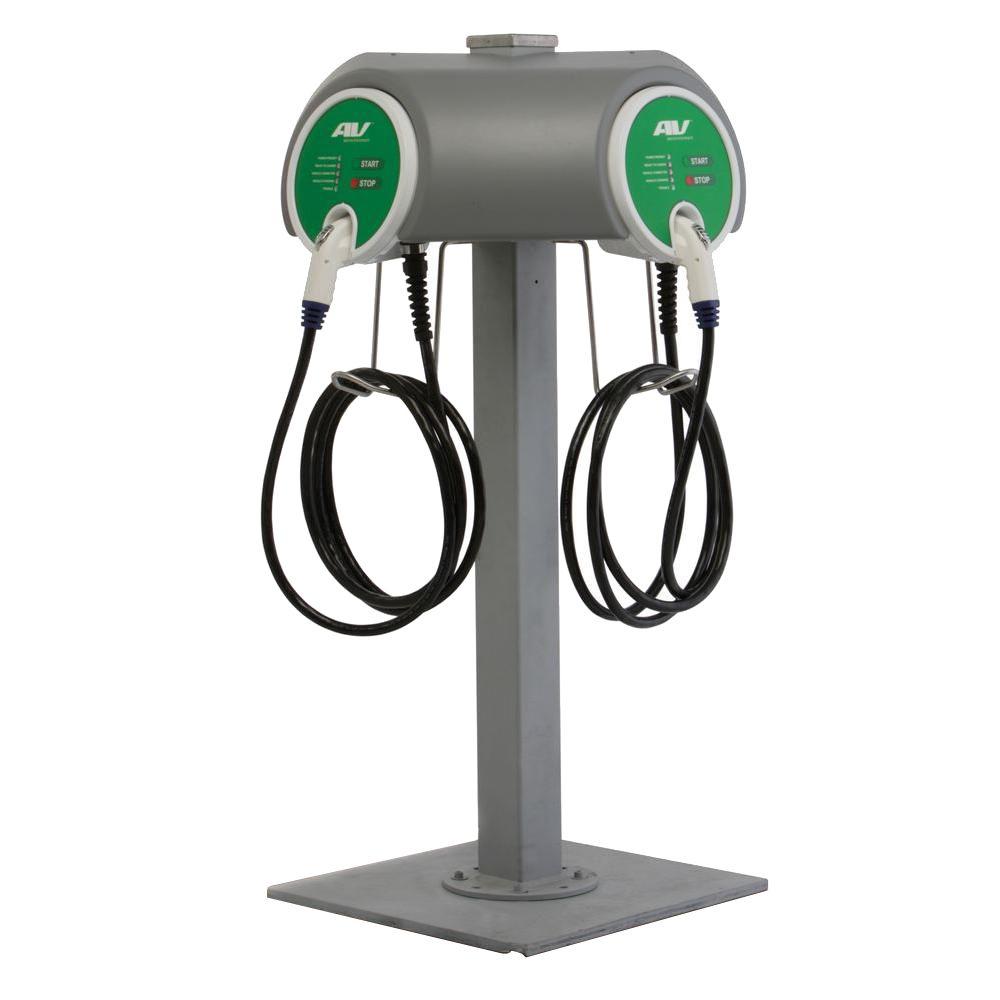Electric vehicles (EVs) have been gaining popularity in recent years as a more sustainable and environmentally friendly mode of transportation. As more people make the switch to electric cars, the demand for EV charging stations continues to grow. In this article, we will explore the importance of EV charging infrastructure and how it is revolutionizing the way we power our vehicles.
The Importance of EV Charging
EV charging infrastructure plays a crucial role in the widespread adoption of electric vehicles. Without sufficient charging stations, EV owners may be hesitant to make the switch from traditional gas-powered vehicles. By expanding EV charging networks, we can encourage more people to embrace electric cars and reduce our dependence on fossil fuels.
Benefits of EV Charging
- Reduces greenhouse gas emissions
- Lowers air pollution
- Saves money on fuel costs
- Promotes energy independence
- Creates new job opportunities
The Future of EV Charging
As technology continues to advance, the future of EV charging looks promising. Companies are developing faster and more efficient charging solutions to meet the growing demand for electric vehicles. From rapid chargers that can power up an EV in minutes to wireless charging pads that eliminate the need for cords, the possibilities are endless.
FAQs About EV Charging
- How long does it take to charge an electric vehicle?
- Can I install a EV charging station at home?
- Are there enough EV charging stations available?
Charging times vary depending on the type of charger and the size of the vehicle’s battery. On average, a full charge can take anywhere from 30 minutes to several hours.
Yes, many EV owners choose to install a charging station at home for convenience. This allows you to charge your vehicle overnight and start each day with a full battery.
While the number of EV charging stations is increasing, there is still a need for more widespread coverage. Efforts are being made to expand EV charging networks in urban areas, highways, and residential communities.
Read more about wireless EV charging here.
In conclusion, EV charging is a vital component of the transition to electric vehicles. By investing in EV charging infrastructure and embracing new technologies, we can pave the way for a more sustainable and eco-friendly future of transportation.





